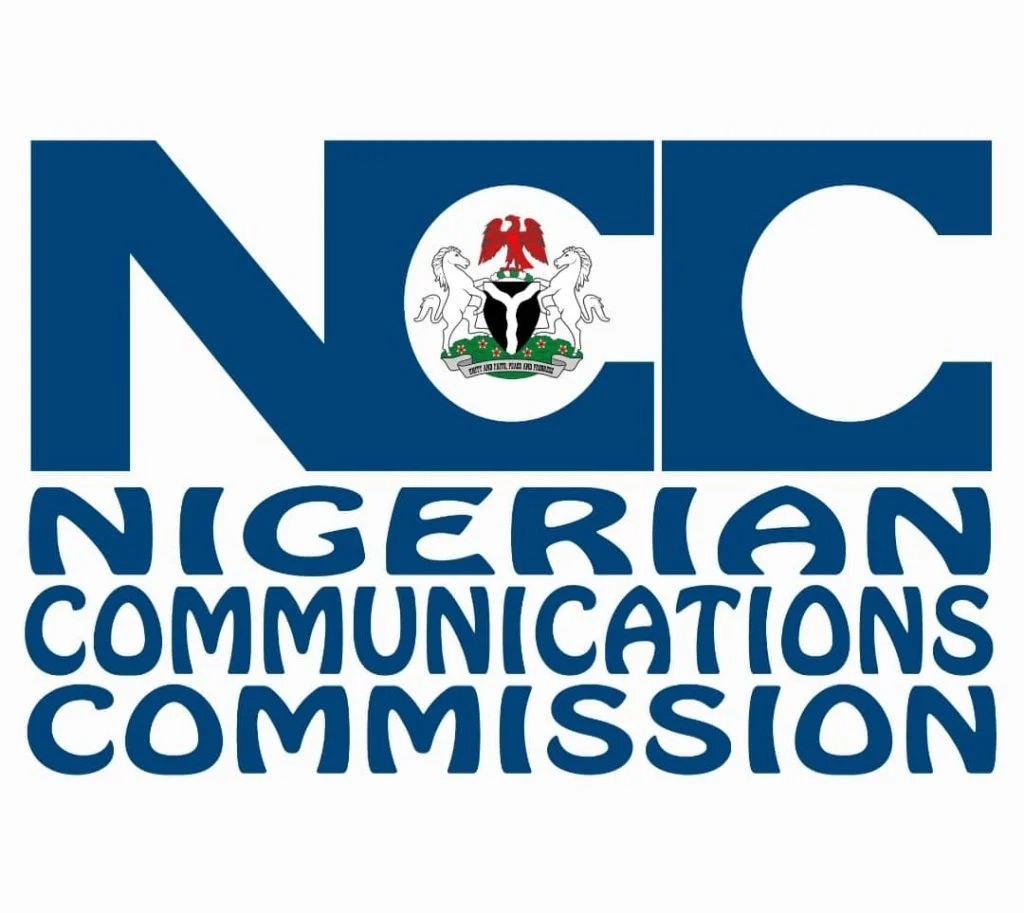
The Nigerian Communications Commission reported a historic data consumption of 721,522 terabytes in January 2024, marking the highest monthly usage ever recorded.
Data statistics obtained from the regulator’s website indicated a significant increase from December 2023, which registered 713,200 terabytes.
The number of active Internet subscriptions also saw a notable rise to 161,977,883, a substantial growth from the 156,244,368 subscriptions in the previous year.
Various service providers contributed to the Internet subscriptions, including mobile telecommunications companies, Internet Service Providers (ISPs), Voice over Internet Protocol (VoIP), and fixed-line providers.
Mobile subscriptions constituted the majority at 161,504,390, while Internet service providers (wired or wireless) held 213,876 subscriptions, fixed-line connections amounted to 21,437, and VoIP services reached 238,180 users.
Despite a decrease of 1.9 million Internet users in January 2024 compared to December 2023, dropping from 163.8 million to 161.9 million, the Internet penetration rate remained strong at 42.53%, with broadband subscriptions totaling 92,195,937.
The data revealed that while 2G connections still dominated, there was a steady increase in the proportion of 4G subscriptions.
Regarding market share by network generations, 2G accounted for 57.78% in January 2024, while 3G stood at 9.36% versus 9.80% in December 2023. 4G subscriptions rose from 31.33% in December 2023 to 31.75%, indicating a preference for high-speed connectivity.
In January 2024, 5G subscriptions made up 1.11% of all connections in Nigeria, up from 1.04% in December 2023.
Recent data from the International Telecommunications Union, a UN agency, highlighted Africa’s low 5G coverage at just 6% as of December 2023, influenced by the sustained use of older mobile technologies like 2G and 3G networks across the continent.
The ITU report emphasized the enduring importance of 2G and 3G networks in many African nations compared to their phase-out in developed countries.
These legacy technologies play a vital role in providing cost-effective mobile services such as voice calls and text messaging, especially in regions with limited access to 4G and 5G networks.
